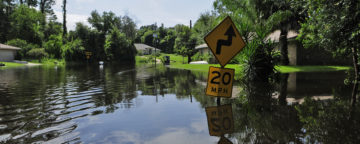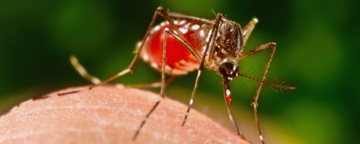In the survey of U.S. adults, 63% of respondents agree that the president should be able to use a public health emergency fund to respond to an epidemic without waiting for Congress.


In the survey of U.S. adults, 63% of respondents agree that the president should be able to use a public health emergency fund to respond to an epidemic without waiting for Congress.

The National Institute on Drug Abuse has highlighted research on teens and substance abuse by Annenberg Public Policy Center's distinguished research fellow Atika Khurana and its research director, Dan Romer.

APPC researchers, postdoctoral fellows and scholars presented papers at the 71st annual conference of the American Association for Public Opinion Research, in Austin, Texas.

Kathleen Hall Jamieson was awarded the American Philosophical Society's 2016 Henry Allen Moe Prize in recognition of her paper "Implications of the Demise of 'Fact' in Political Discourse."

The Annenberg Public Policy Center's FactCheck.org, the nonpartisan "consumer advocate" for voters, has been nominated for the third consecutive year for a Webby as best Political Blog/Website.

Visiting scholar Dan Kahan spoke in Vermont and Connecticut about his research in science communication. His research disentangles what people know about science from what they believe on issues like climate change.

The Annenberg Public Policy Center's Kathleen Hall Jamieson has been named to the steering committee of the American Academy of Arts and Sciences' new initiative on the Public Face of Science.

Pollster Peter Hart will conduct a "Voices of the Voters" focus group in St. Louis on March 22 to explore Donald Trump's strengths and weaknesses as seen by Republican and independent voters.

Ken Winneg, who directs APPC's survey research, and Bruce Hardy, a distinguished research fellow, spoke on WHYY's "Radio Times with Marty Moss-Coane" about politics, social media and the presidential campaign.

Forty-two percent of Americans said it was likely that people infected with the Zika virus will die from it, an Annenberg Public Policy Center survey found. But the CDC says people "very rarely die of Zika.”